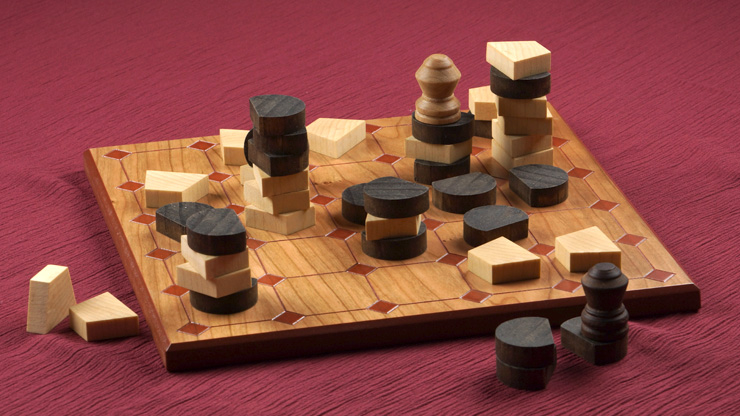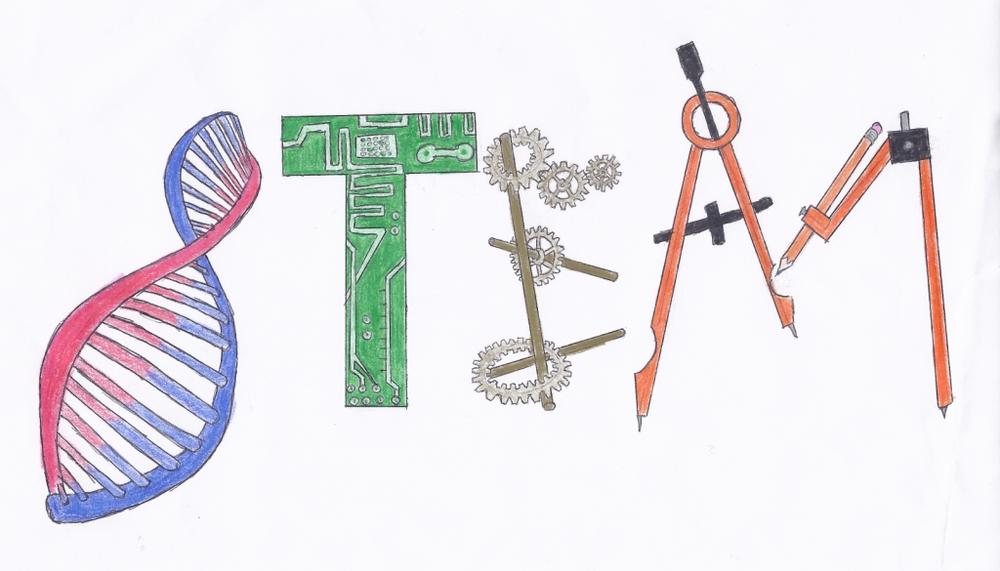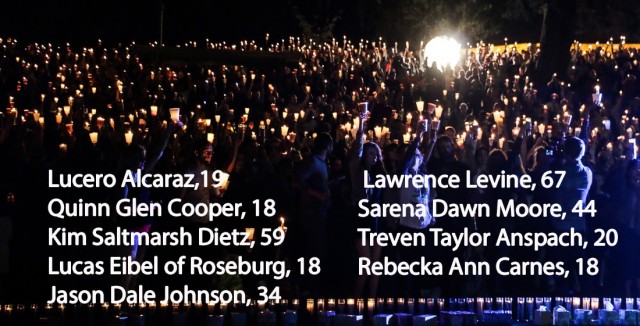This month’s Blog of the Roundtable topic over at Critical Distance is a very intriguing one. We often talk about peripheral things that happen in games as being some of the most important and impactful (though hidden). The way video games deal with player death is certainly no exception to this, though it has been largely overlooked by most scholars and game bloggers (unless talking about a specific game or specific mechanic, that is). The BoRT topic has really forced me to think about the implications of how games handle death in games, though death isn’t always the appropriate term for what happens in games when you “fail.” Here is the prompt from Critical Distance:
“Whether it’s from exhausting a stamina bar or running out of HP, games have many different ways to deal with spontaneous unconsciousness. But do games use these mechanics for interesting ends, or is it just another mechanic to keep track of in a growing list of interlocking systems? Is there sufficient punishment for collapse, or just a temporary inconvenience? Should games take it more seriously? Less? Or is collapse a concern because of games, and the growing trend of bigger games, more content, and longer playtimes? Post some thoughts about health and exhaustion with us.”
My first thought upon reading the prompt is about a debate that’s been happening in the games community over the past few years about whether there has been a change in games’ utilization of “collapse,” and whether this change has been a positive or negative thing for games overall. I remember playing games when I was younger (was that 20+ years ago already??), and death, or “spontaneous unconsciousness,” was punishing. Often you had only a limited number of lives, and once you were done, you were done; or you would lose items or stats that you couldn’t get back; or, you had to put more quarters into the machine. There were more tangible and lasting consequences to death, which raised the stakes of play and (for me, at least) raised the level of frustration and anticipation in-game.
I’ve heard many other gamers complain that games have grown soft, and I wonder if easing the punishment for death is part of this perceived “dumbing-down” of games. Some games will give you pop-up hints and help if they notice that you’re failing a particular part over and over; some games will even offer to skip you to the end of the level if you’re struggling too much to make progress. Some players have argued that utilizing these strategies means you haven’t really beaten the game (I’m sure we have all heard arguments that skipping combat, or playing games as narrative-forward, means you aren’t even a gamer). Others have argued that making games more accessible and adaptable toward a variety of playstyles is far more important that any competitiveness/difficulty that we may have lost by lessening the punishment of death.
Of course, no decision game designers make with regard to the severity of death will please everyone. Some players gravitate toward rogue-likes, where death is absolute and the loss of progress/items/skills is forever. Others want to play games, such as micro-transaction games, that utilize an energy system and never risks death—only exhaustion. Some want a story. Some want beautiful graphics.
Games have changed; they’ve become broader, appeal to many different playstyles, and they’ve become extremely diverse. Playing Dominique Pamplemousse is nothing like playing Civilization is nothing like playing Farmville is nothing like playing Call of Duty. Almost all games have rules, limitations, and boundaries, which lead many to have some sort of exhaustion/death/energy system. The question of whether games are becoming less challenging because these systems are perceived as less punishing than in the past is probably the wrong question. It seems much more likely that games are simply diversifying. There are still plenty of punishing games, some that bring me back to the nostalgia of past games (with the frustration and all). Hopefully we can continue to support these changes, rather than criticizing them for not living up to our childhood memories of games.




